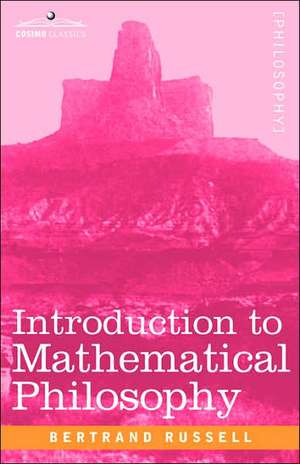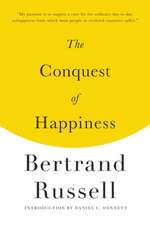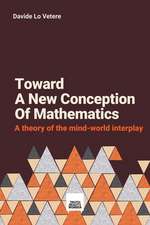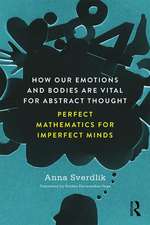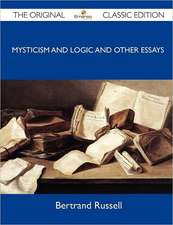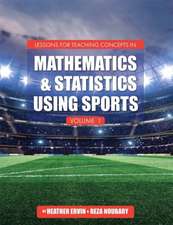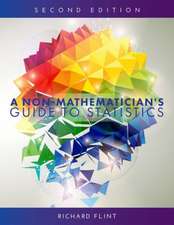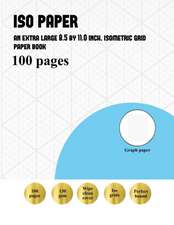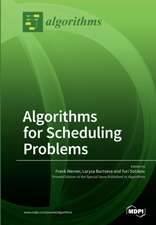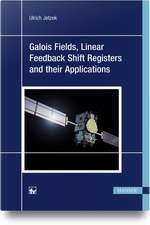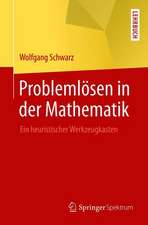Introduction to Mathematical Philosophy
Autor Bertrand Russellen Limba Engleză Paperback – 31 mar 2007
| Toate formatele și edițiile | Preț | Express |
|---|---|---|
| Paperback (8) | 60.74 lei 6-8 săpt. | |
| Dover Publications – 31 aug 1993 | 71.93 lei 3-5 săpt. | |
| Taylor & Francis – 15 sep 2022 | 130.42 lei 3-5 săpt. | +12.06 lei 7-11 zile |
| Alpha Editions – 3 iul 2020 | 138.02 lei 3-5 săpt. | |
| Digireads.com – 31 dec 2009 | 60.74 lei 6-8 săpt. | |
| Neeland Media – 14 mar 2020 | 67.25 lei 6-8 săpt. | |
| Merchant Books – 9 apr 2014 | 72.51 lei 6-8 săpt. | |
| Martino Fine Books – 25 aug 2017 | 113.55 lei 38-44 zile | |
| COSIMO CLASSICS – 31 mar 2007 | 118.32 lei 6-8 săpt. | |
| Hardback (1) | 950.08 lei 6-8 săpt. | |
| Taylor & Francis – 15 sep 2022 | 950.08 lei 6-8 săpt. |
Preț: 118.32 lei
Nou
Puncte Express: 177
Preț estimativ în valută:
22.64€ • 24.59$ • 19.02£
22.64€ • 24.59$ • 19.02£
Carte tipărită la comandă
Livrare economică 22 aprilie-06 mai
Preluare comenzi: 021 569.72.76
Specificații
ISBN-13: 9781602062917
ISBN-10: 1602062919
Pagini: 220
Dimensiuni: 140 x 216 x 13 mm
Greutate: 0.29 kg
Editura: COSIMO CLASSICS
ISBN-10: 1602062919
Pagini: 220
Dimensiuni: 140 x 216 x 13 mm
Greutate: 0.29 kg
Editura: COSIMO CLASSICS
Descriere
Descriere de la o altă ediție sau format:
First published in 1919, Introduction to Mathematical Philosophy shows Russell drawing on his formidable knowledge of philosophy and mathematics to write a brilliant introduction to the subject. This Routledge Classics edition includes a new Foreword by Michael Potter.
First published in 1919, Introduction to Mathematical Philosophy shows Russell drawing on his formidable knowledge of philosophy and mathematics to write a brilliant introduction to the subject. This Routledge Classics edition includes a new Foreword by Michael Potter.
Cuprins
Foreword to the Routledge Classics Edition Michael Potter Preface 1. The Series of Natural Numbers 2. Definition of Number 3. Finitude and Mathematical Induction 4. The Definition of Order 5. Kinds of Relations 6. Similarity of Relations 7. Rational, Real, and Complex Numbers 8. Infinite Cardinal Numbers 9. Infinite Series and Ordinals 10. Limits and Continuity 11. Limits and Continuity of Functions 12. Selections and the Multiplicative Axiom 13. The Axiom of Infinity and Logical Types 14. Incompatibility and the Theory of Deduction 15. Propositional Functions 16. Descriptions 17. Classes 18. Mathematics and Logic. Index
Notă biografică
Bertrand Russell, (18 May 1872 - 2 February 1970) was a British philosopher, logician, mathematician, historian, writer, essayist, social critic, political activist, and Nobel laureate. At various points in his life, Russell considered himself a liberal, a socialist and a pacifist, although he also confessed that his sceptical nature had led him to feel that he had "never been any of these things, in any profound sense. Russell was born in Monmouthshire into one of the most prominent aristocratic families in the United Kingdom
In the early 20th century, Russell led the British "revolt against idealism" He is considered one of the founders of analytic philosophy along with his predecessor Gottlob Frege, colleague G. E. Moore and protégé Ludwig Wittgenstein. He is widely held to be one of the 20th century's premier logicians.[67] With A. N. Whitehead he wrote Principia Mathematica, an attempt to create a logical basis for mathematics, the quintessential work of classical logic. His philosophical essay "On Denoting" has been considered a "paradigm of philosophy".[71] His work has had a considerable influence on mathematics, logic, set theory, linguistics, artificial intelligence, cognitive science, computer science (see type theory and type system) and philosophy, especially the philosophy of language, epistemology and metaphysics.
Russell was a prominent anti-war activist and he championed anti-imperialism. Occasionally, he advocated preventive nuclear war, before the opportunity provided by the atomic monopoly had passed and he decided he would "welcome with enthusiasm" world government.[74] He went to prison for his pacifism during World War I. Later, Russell concluded that war against Adolf Hitler's Nazi Germany was a necessary "lesser of two evils" and criticised Stalinist totalitarianism, attacked the involvement of the United States in the Vietnam War and was an outspoken proponent of nuclear disarmament. In 1950, Russell was awarded the Nobel Prize in Literature "in recognition of his varied and significant writings in which he champions humanitarian ideals and freedom of thought"
